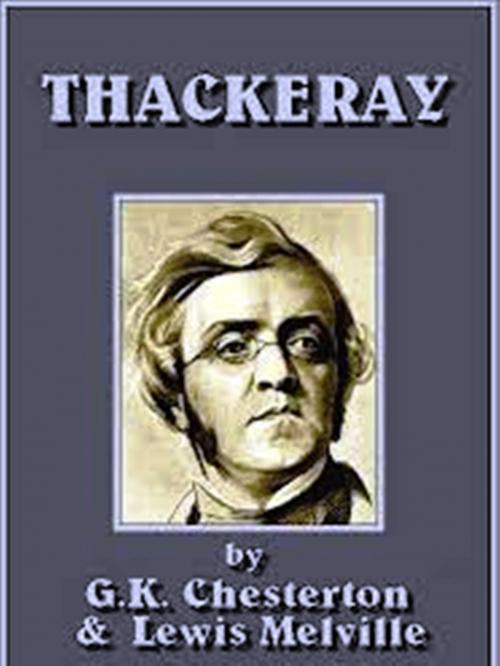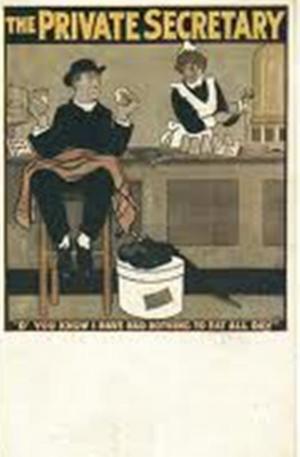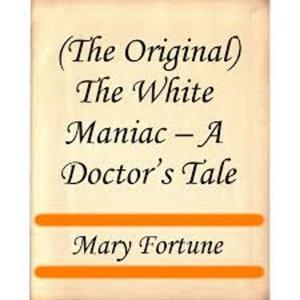| Author: | G.K. CHESTERTON, LEWIS MELVILLE | ISBN: | 1230000146687 |
| Publisher: | WDS Publishing | Publication: | June 30, 2013 |
| Imprint: | Language: | English |
| Author: | G.K. CHESTERTON, LEWIS MELVILLE |
| ISBN: | 1230000146687 |
| Publisher: | WDS Publishing |
| Publication: | June 30, 2013 |
| Imprint: | |
| Language: | English |
Amid all the eulogies and all the slanders that are lavished upon the English character, very few people would appear to take any real trouble to obtain a sincere view of it. Rhetorical phrases about its inarticulate strength and nobility do not commonly bring us very much further, for it may be questioned whether it is good for a people excitedly to articulate their own inarticulate disposition. But, when all is said and done, it may truly be said that among all the national temperaments the English is pre-eminently simple and profoundly well-meaning. This well-meaningness combined with this simplicity is responsible for every one of its crimes, and it is the basis of its real and indestructible magnificence. But this union of moral soundness with mental innocence is responsible also for a certain tendency noticeable in all English life and character: the tendency to get hold of the truth, but to get hold of it falsely; to grasp the fact, but to grasp it somehow by the wrong end. A hundred instances might be given of this. To take a random example. I was taught at my mother's knee, in the intervals of hymns and childish ballads, that Germans smoked bad cigars. I see now that this is true, and yet unfathomably false; that is to say, there are, if you choose to put it in that way, more bad cigars smoked in Germany than in England, but that is only because, tobacco being cheaper, more cigars of every kind are smoked. It is as if a Hindoo peasant, who had never seen a jewel in his life, were to say that England was a land of false diamonds. In India only the rulers have such things at all; in the Strand any one may have them; and similarly the cigar is in England merely a badge of luxury, while abroad it is often a common possession, like a pipe.
Amid all the eulogies and all the slanders that are lavished upon the English character, very few people would appear to take any real trouble to obtain a sincere view of it. Rhetorical phrases about its inarticulate strength and nobility do not commonly bring us very much further, for it may be questioned whether it is good for a people excitedly to articulate their own inarticulate disposition. But, when all is said and done, it may truly be said that among all the national temperaments the English is pre-eminently simple and profoundly well-meaning. This well-meaningness combined with this simplicity is responsible for every one of its crimes, and it is the basis of its real and indestructible magnificence. But this union of moral soundness with mental innocence is responsible also for a certain tendency noticeable in all English life and character: the tendency to get hold of the truth, but to get hold of it falsely; to grasp the fact, but to grasp it somehow by the wrong end. A hundred instances might be given of this. To take a random example. I was taught at my mother's knee, in the intervals of hymns and childish ballads, that Germans smoked bad cigars. I see now that this is true, and yet unfathomably false; that is to say, there are, if you choose to put it in that way, more bad cigars smoked in Germany than in England, but that is only because, tobacco being cheaper, more cigars of every kind are smoked. It is as if a Hindoo peasant, who had never seen a jewel in his life, were to say that England was a land of false diamonds. In India only the rulers have such things at all; in the Strand any one may have them; and similarly the cigar is in England merely a badge of luxury, while abroad it is often a common possession, like a pipe.















